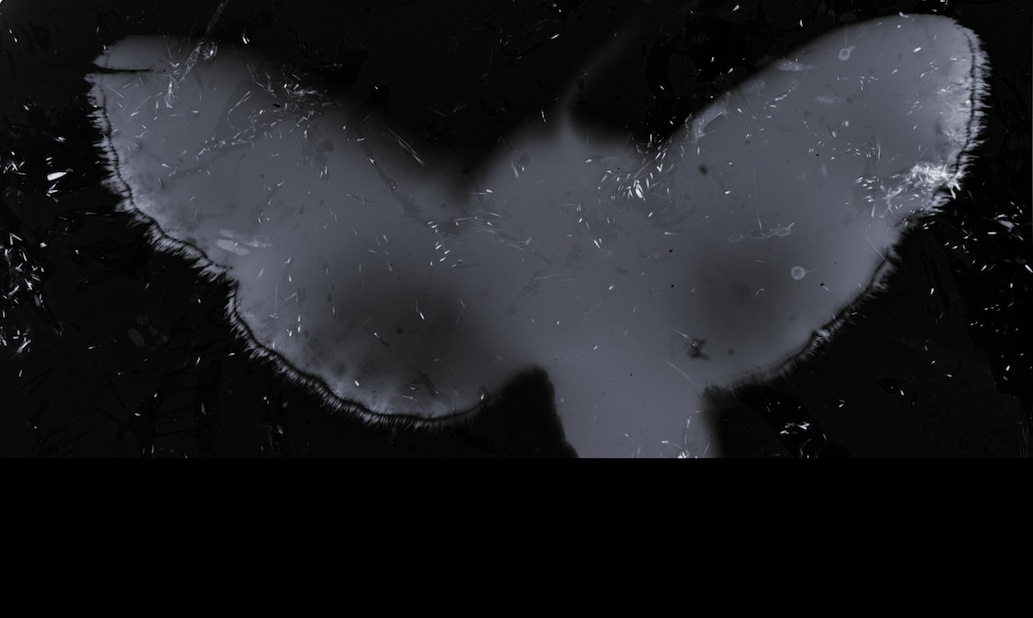Thinking Long/Thinking Ecologically: Time Travel, Film and Ecological Agency in 12 Monkeys
DOI:
https://doi.org/10.60162/swamphen.3.10614Keywords:
Ecocriticism, Film, Cultural Ecology, Dystopia, Morton, DeleuzeAbstract
This discussion focuses on philosophical understandings and aesthetic representations of the ecological interrelatedness of temporally distant past and future worlds. It does so through an analysis of Terry Gilliam’s dystopian time travel film 12 Monkeys (1996), which features intersections between the deterioration of the subject and the environment. The essay considers this film in relation to Timothy Morton’s notion of ‘thinking big’ (The Ecological Thought) and Gilles Deleuze’s notion of time as repeated difference (Difference and Repetition). This discussion argues that 12 Monkeys both stages and interrogates Morton’s concept through its time travel narrative and filmic techniques. Furthermore, it suggests that from this reading emerges the possibility of seeing the medium of film itself as a catalyst prompting ecological thinking and agency.
Downloads
Published
Issue
Section
License
Authors who publish with this journal agree to the following terms:- Authors retain copyright and grant the journal right of first publication with the work simultaneously licensed under a Creative Commons Attribution License that allows others to share the work with an acknowledgement of the work's authorship and initial publication in this journal.
- Authors are able to enter into separate, additional contractual arrangements for the non-exclusive distribution of the journal's published version of the work (e.g., post it to an institutional repository or publish it in a book), with an acknowledgement of its initial publication in this journal.
- Authors are permitted and encouraged to post their work online (e.g., in institutional repositories or on their website) prior to and during the submission process, as it can lead to productive exchanges, as well as earlier and greater citation of published work (See The Effect of Open Access).

